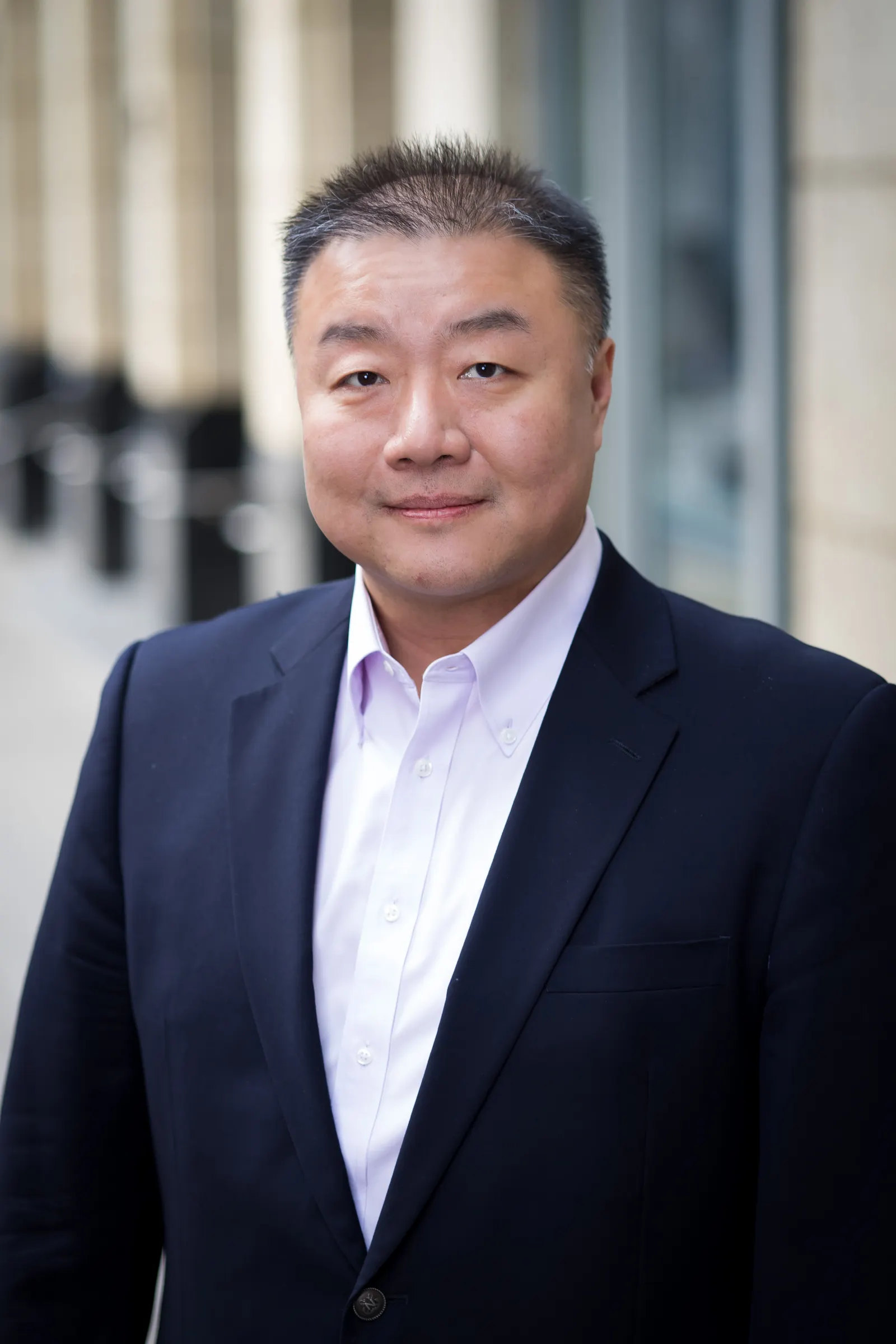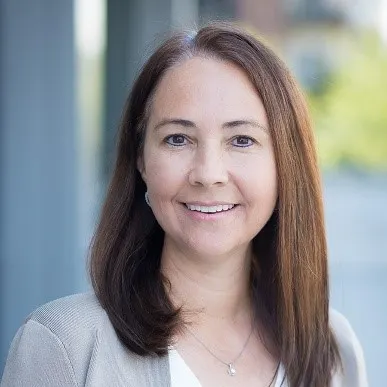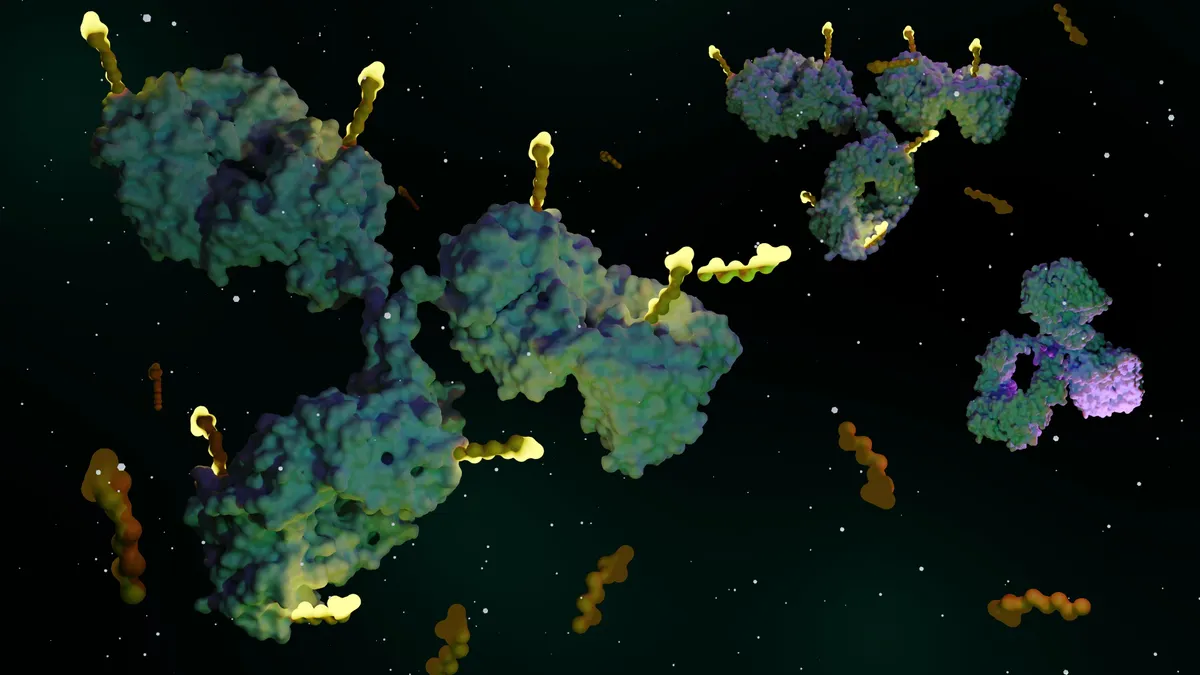A Seattle biotechnology startup formed by veterans of Seagen has raised $112 million to develop a pipeline of antibody-drug conjugates, the targeted cancer medicines for which Seagen was known.
Funding for the startup, ProfoundBio, was led by Ally Bridge Group and also involved several “crossover” investors, among them T. Rowe Price and RA Capital Management. Such financing rounds often lay the groundwork for an initial public offering, though in recent years IPOs have been harder for drug startups to accomplish.
The cash will support development of a pipeline of antibody-drug conjugates, or ADCs, which have become increasingly coveted by drugmakers.
ADCs fuse a tumor-killing toxin to a targeting antibody, an approach that allows for a more precise attack on cancers. The drugs have been around for decades, but recent technical advances and a run of drug approvals has catalyzed new investment.
Seagen was an early pioneer in developing ADCs. Founded in 1997, the company formerly known as Seattle Genetics brought several of the drugs to market as it improved the technology. Last year, it sold to Pfizer for $43 billion in the largest of several ADC-focused buyouts by large drugmakers.
ProfoundBio is among a newer crop of companies aiming to address ADCs’ limitations. Members of its founding team — Tae Han, Baiteng Zhao, and Xiao Shang — are former Seagen employees. The company’s “secret sauce,” according to Chief Operating Officer and Chief Financial Officer Erin Lavelle, is a new kind of hydrophilic linker molecule that’s designed to help ProfoundBio’s drugs get to tumors more easily.

“We knew that we could do better than what was out there when we started the company,” added Han, who is ProfoundBio’s chief strategy officer.
Since its beginning in 2018, the company has advanced three medicines into clinical testing. The furthest along, rinatabart sesutecan, or Rina-S, is in Phase 2 studies for ovarian and endometrial cancers. Pivotal tests are planned for later this year.
Two other ADCs are in Phase 1 trials for multiple tumor types, among them kidney and breast cancers. A fourth ADC that’s “bispecific,” or dual-pronged, could start trials in 2024.
Rina-S aims at a protein called folate receptor α, which is overexpressed in several cancers and implicated in tumor growth. Research has suggested blocking FRα can halt tumor progression, making it useful as a target. ImmunoGen, another early ADC drug startup, proved that with the development of an ovarian cancer medicine now sold as Elahere. That drug was approved in 2022 and a key reason AbbVie bought ImmunoGen for $10 billion last year.
Earlier versions of ADCs struggled for a variety of reasons, such as toxicity and trouble penetrating into tumors. ProfoundBio is betting its linker molecules could lead to differentiated drugs.
“We’ve got a nice therapeutic window opening up here, with great efficacy and reasonable [adverse event] balance,” Lavelle said.
Rina-s is the first chance to prove that claim. Elahere only works in the roughly one-third of ovarian cancer patients with the highest level of FRα expression, Lavelle said. Profound’s drug is being tested in people whose tumors have lower levels of FRα expression.

ProfoundBio’s raise comes at a time when funding for cancer drug startups has slowed somewhat. According to a report from HSBC, venture investments in oncology fell by about 27% in 2023, to $5.5 billion. But investors favored startups that, like ProfoundBio, have drugs in clinical testing.
Sales of ADC drugs are expected to climb in the coming years, too. According to analytics firm GlobalData, the worldwide market for ADCs was valued at $7.5 billion in 2022, and could rise to $40.3 billion by 2029.
ProfoundBio is headquartered in Seattle but also has employees in Suzhou, China. The company previously raised a $70 million Series A round and counts Lilly Asia Ventures among its backers.














